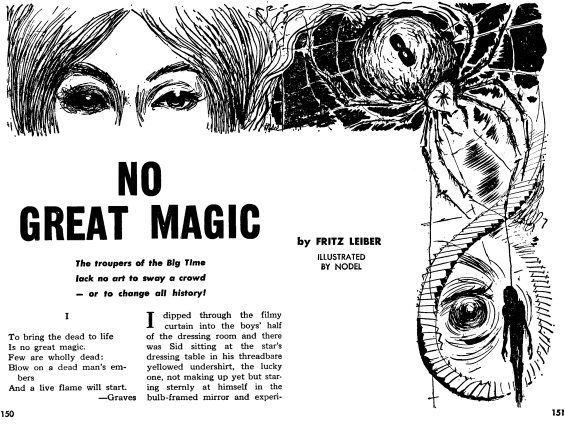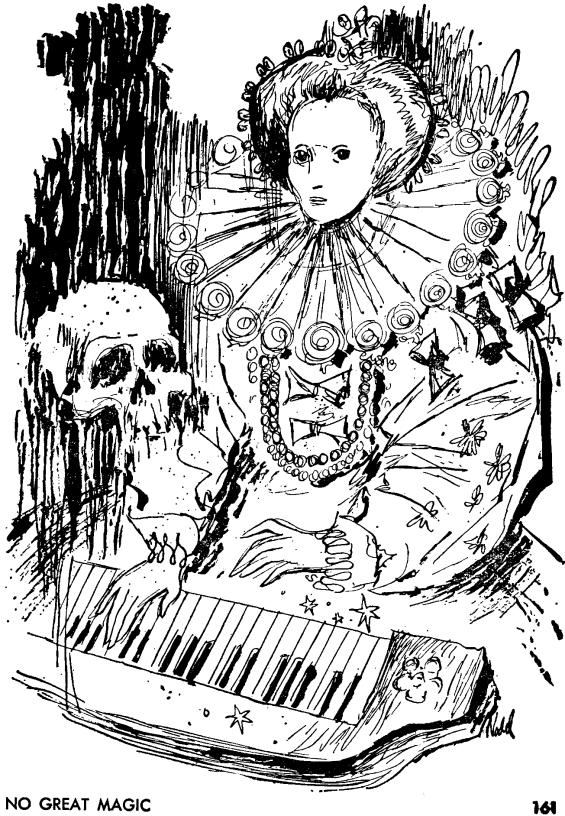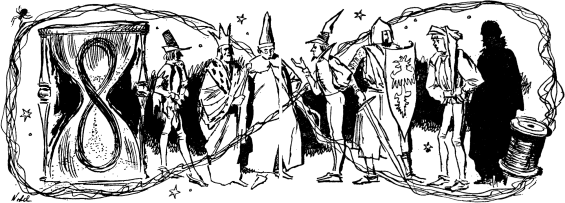
After talking about it on the last SFFaudio Podcast NEW RELEASES/RECENT ARRIVALS episode, I decided we really needed to know exactly which classic stories were being ripped-off in the new Audible Frontiers collection entitled Rip-Off!.
You’re welcome!
I’ve also made a note of the narrator for each story. And, while I’m at it I should tell you that nearly every story is an hour long. Every story with the exception of James Patrick Kelly’s (which runs about 90 minutes) and Tad Williams’ (which runs just over 26 minutes).
Rip-Off!
Edited by Gardner Dozois; Read by various readers
Audible Download – Approx. 12 Hours [UNABRIDGED]
Publisher: Audible Frontiers
Published: December 18, 2012
In Rip-Off!, 13 of today’s best and most honored writers of speculative fiction face a challenge even they would be hard-pressed to conceive: Pick your favorite opening line from a classic piece of fiction (or even non-fiction) – then use it as the first sentence of an entirely original short story. In the world of Rip-Off!, Call me Ishmael introduces a tough-as-nails private eye – who carries a harpoon; The Wonderful Wizard Of Oz inspires the tale of an aging female astronaut who’s being treated by a doctor named Dorothy Gale; and Huckleberry Finn leads to a wild ride with a foul-mouthed riverboat captain who plies the waters of Hell. Once you listen to Rip-Off! you’ll agree: If Shakespeare or Dickens were alive today, they’d be ripping off the authors in this great collection. As a bonus, the authors introduce their stories, explaining what they ripped-off – and why. Rip-Off! was produced in partnership with SFWA – Science Fiction & Fantasy Writers of America. Gardner Dozois served as project editor.
Annotated table of contents:
Introduction by John Scalzi, read by Scalzi
Fireborn by Robert Charles Wilson – Introduction by Wilson, inspired by a “Rootabaga” story by Carl Sandburg – Read by Khristine Hvam
The Evening Line by Mike Resnick – Introduction by Resnick, inspired by Pride And Prejudice by – Read by L.J. Ganser
No Decent Patrimony by Elizabeth Bear – Introduction by Bear, inspired by Edward II by Christopher Marlowe – Read by Scott Brick
The Big Whale by Allen M. Steele – Introduction by Steele, inspired by Moby Dick by Herman Melville – Read by Christian Rummell
Begone by Daryl Gregory – Introduction by Gregory, inspired by David Copperfield by Charles Dickens – Read by Jonathan Davis
The Red Menace by Lavie Tidhar – Introduction by Tidhar, inspired by The Communist Manifesto by Karl Marx – Read by Stefan Rudnicki
Muse Of Fire by John Scalzi – Introduction by Scalzi, inspired by Henry V by William Shakespeare – Read by Wil Wheaton
Writer’s Block by Nancy Kress – Introduction by Kress, inspired by Paul Clifford by Edward Bulwer-Lytton – Read by David Marantz
Highland Reel by Jack Campbell – Introduction by Campbell, inspired by Macbeth by William Shakespeare – Read by Nicola Barber
‘Karin Coxswain’ Or ‘Death As She Is Truly Lived’ by Paul Di Filippo – Introduction by Di Filippo, inspired by Huckleberry Finn by Mark Twain – Read by Dina Pearlman
The Lady Astronaut of Mars by Mary Robinette Kowal – Introduction by Kowal, inspired by The Wizard Of Oz by L. Frank Baum – Read by Allyson Johnson
Every Fuzzy Beast of the Earth, Every Pink Fowl of the Air by Tad Williams – Introduction by Williams, inspired by the Book of Genesis by anonymous – Read by Marc Vietor
Declaration by James Patrick Kelly – Introduction by Kelly, inspired by The Declaration Of Independence by Thomas Jefferson – Read by Ilyana Kadushin
Posted by Jesse Willis
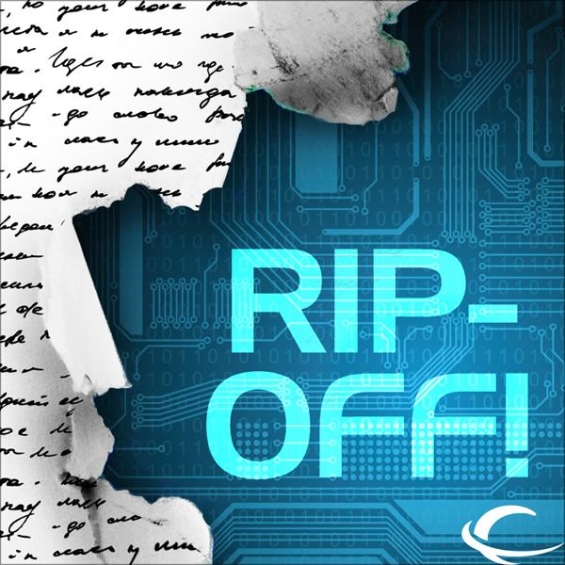




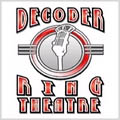
 The SFFaudio Podcast #189 – Jesse, Tamahome, Jenny, and
The SFFaudio Podcast #189 – Jesse, Tamahome, Jenny, and 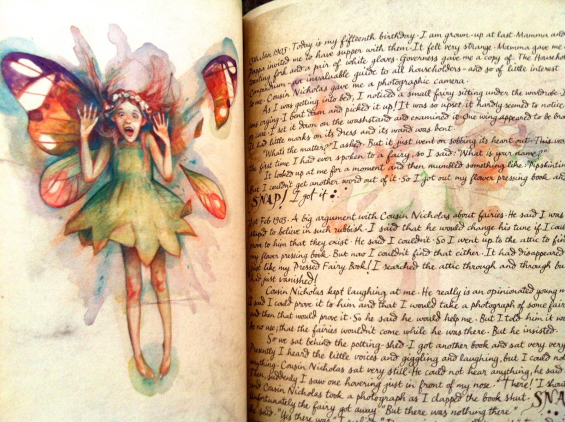
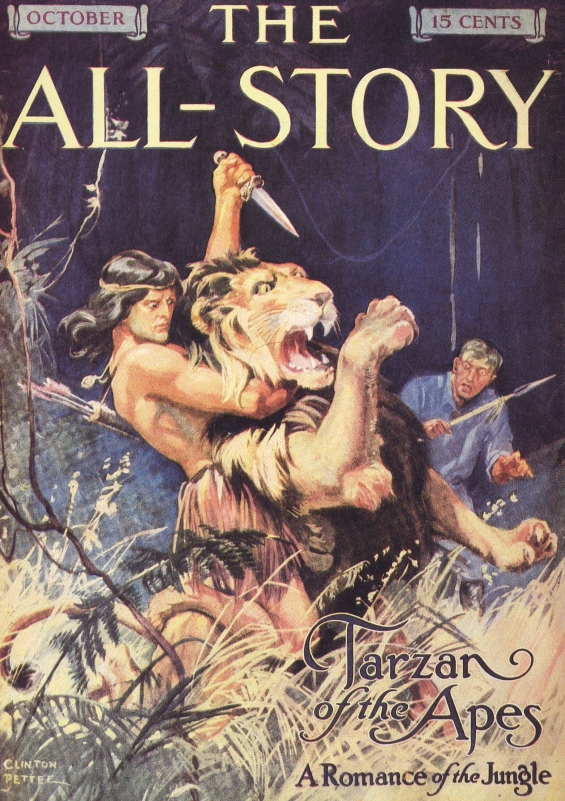

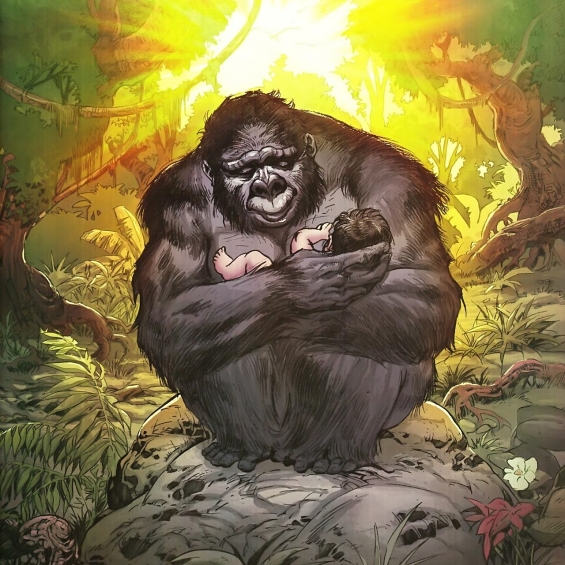


 No Great Magic
No Great Magic